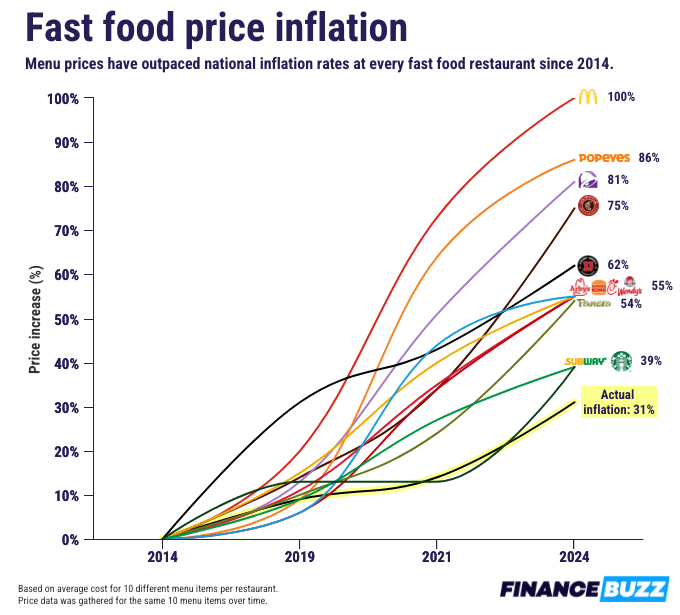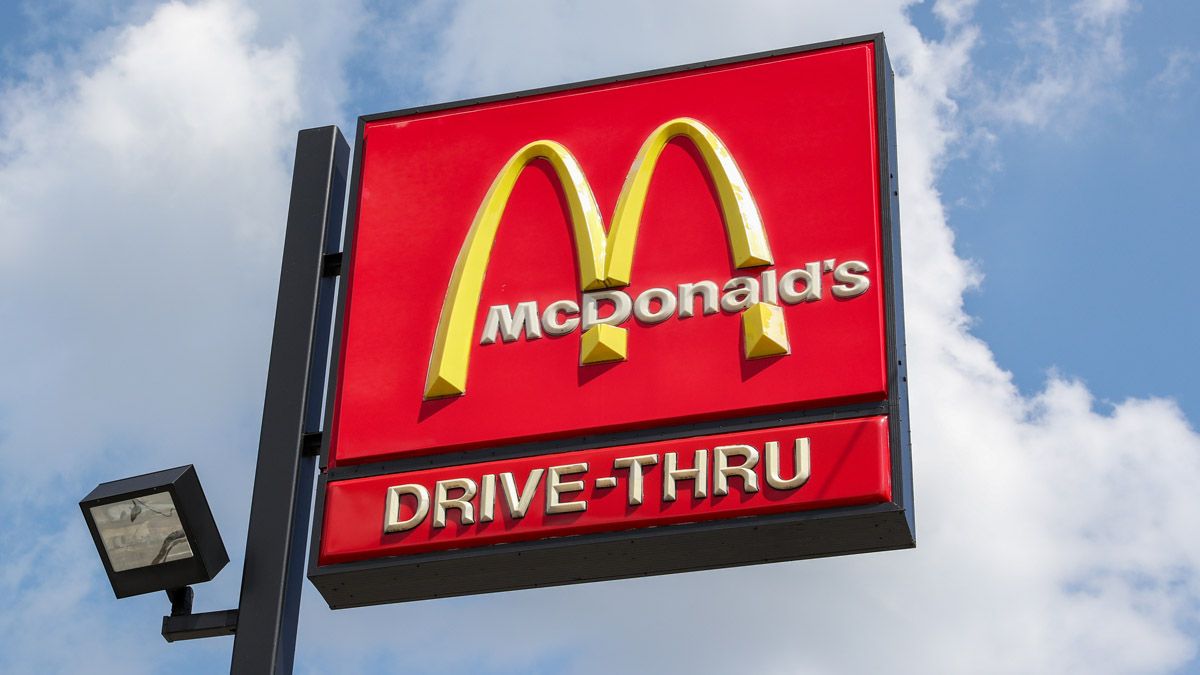TSwizzle
I am unburdened by what has been.
the next line that you didn't quote: Rubio’s did not directly mention the law in its statement. they also filed for bankruptcy protection in 2020 as the pandemic began and they were trying to very rapidly expand.A popular fast food joint exits California;
Rubio’s Coastal Grill, the Carlsbad-based restaurant chain famous for its fish tacos, is shuttering 48 “underperforming” California locations in the latest blow to the state’s fast-food industry. In a statement to KTLA, a Rubio’s spokesperson cited the “rising cost of doing business” and the “current business climate” in California as key factors. The closures, which were announced on Friday, include 24 Rubio’s locations in the Los Angeles area, 13 in San Diego and 11 in Northern California. In April, California Assembly Bill 1228 took effect, boosting the minimum wage for fast-food workers from $16 to $20 an hour. Many restaurants have responded by raising menu prices and, in some cases, laying off workers.
News
it also doesn't say they're leaving california. it says they're shuttering 48 underperforming stores and still have 86 locations and a quick search shows those are all in california.
i know it's a complicated situation and there's an urge to simplify it down to just minimum wage so it's easier to argue against.
They cite the rising costs of doing business in California. Although the $20 per hour minimum wage is not explicitly stated, I'd hazard a guess that it plays a part. If you disagree, that's cool.





